July 1, 2020 - PBS NewsHour full episode
July 1, 2020 - PBS NewsHour full episode
Previews + Extras
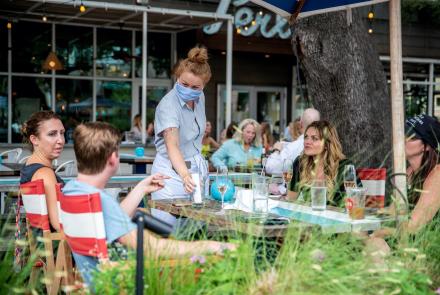
Businesses struggle to adapt to quickly shifting virus rules
S2020 E196 - 3m 19s
The U.S. epicenter of the coronavirus pandemic has shifted to the South and West, where cases have ballooned to record highs. At least 14 states are now pausing their reopening plans or moving back toward lockdown, and the national death toll from the disease has topped 127,000. Still, the majority of states are continuing to lift their restrictions on movement and activities. Amna Nawaz reports.
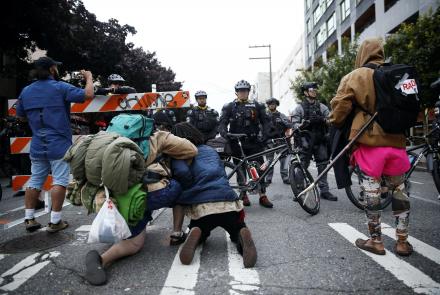
News Wrap: Seattle police clear ‘occupied zone’ after deaths
S2020 E196 - 5m 11s
In our news wrap Wednesday, Seattle police cleared protesters from a so-called “occupied zone” near the city’s downtown. Violence had flared there recently, with two people killed and six others wounded in shootings. Also, lawmakers in New York City agreed to shift $1 billion in police funding to education and social service programs. Mayor Bill de Blasio called the move “the right balance.”
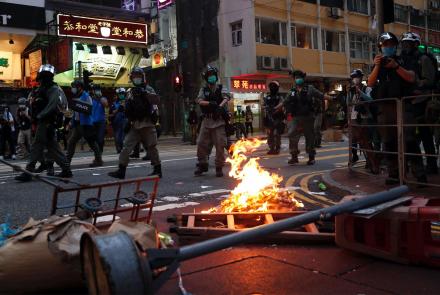
What Beijing's crackdown means for the future of Hong Kong
S2020 E196 - 5m 40s
In Hong Kong, a new set of national security laws imposed by the central government in Beijing has gone into effect. The legislation restricts many freedoms enjoyed in the semi-autonomous territory, ushering in a new and ominous era for the previously freewheeling hub of international business. On the 23rd anniversary of the city’s handover from the United Kingdom to China, Nick Schifrin reports.
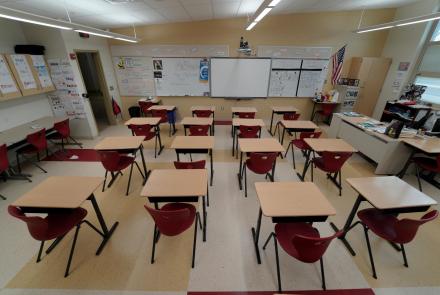
What health experts think about having kids in the classroom
S2020 E196 - 5m 42s
Millions of children and parents are desperate to know what the fall might look like in terms of school. Recently, a group of public health and pediatrics experts made the case that kids need to be in the classroom and not at home. William Brangham reports and talks to Sean O’Leary of the American Academy of Pediatrics about strategies for mitigating the risk of coronavirus spread in schools.
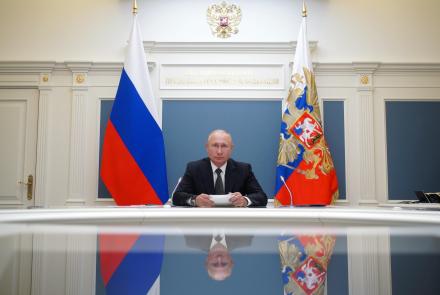
Scrutiny surrounds election that could extend Putin's reign
S2020 E196 - 5m 36s
Initial results from Russia’s election indicate it will pave the way for President Vladimir Putin to retain power until 2036. Polls closed Wednesday after seven days of voting on a package of constitutional changes, including those that could allow Putin two more terms in office. But election monitors say the contest has been neither free nor fair. Special correspondent Lucy Taylor reports.
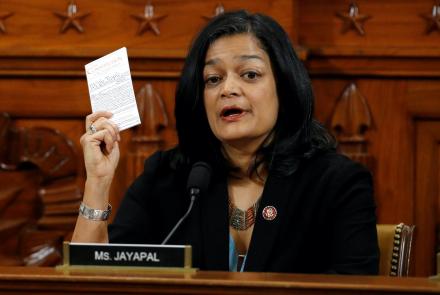
Pramila Jayapal on her path to politics, progressive change
S2020 E196 - 6m 41s
Rep. Pramila Jayapal, a Democrat from Washington state, was elected to Congress in 2016. She is the co-chair of the Congressional Progressive Caucus and has become a leader in pushing the party on issues such as Medicare for All. Now Jayapal has a new book out, titled “Use the Power You Have: A Brown Woman’s Guide to Politics and Political Change.” She joins Judy Woodruff to discuss her story.
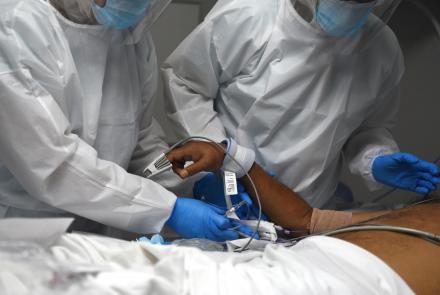
How doctors are innovating to treat COVID-19
S2020 E196 - 8m 10s
One of the reasons COVID-19 presents such a significant global medical challenge is that there are few effective therapies for it so far. As cases fill hospital beds across many parts of the country, doctors and scientists are coming up with inventive ways to treat the disease, if not to cure it. Science correspondent Miles O’Brien reports.
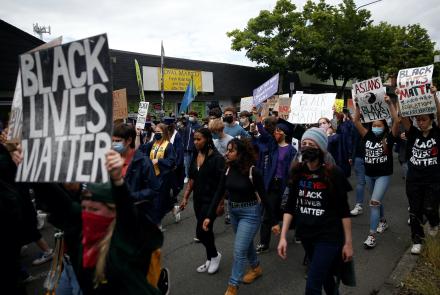
Reasons for hope amid America's racial unrest
S2020 E196 - 6m 39s
As the United States grapples with the novel coronavirus, nationwide protests sparked by the killing of George Floyd insist the country must confront a second epidemic: racism. Despite a longstanding belief that we are a nation divided, some say there are reasons for hope. Special correspondent Charlayne Hunter-Gault talks to New York Times columnist and author David Brooks for Race Matters.
Similar Shows
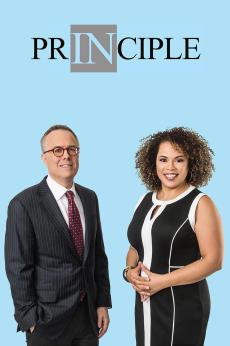
In Principle
News and Public Affairs
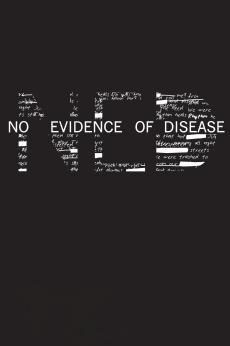
No Evidence of Disease
News and Public Affairs

Stagestruck: Confessions from Summer Stock
News and Public Affairs
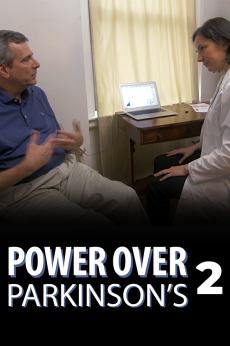
Power Over Parkinson's 2
News and Public Affairs
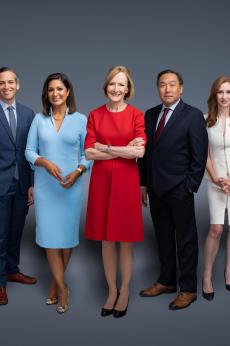
Celebrating PBS NewsHour
News and Public Affairs
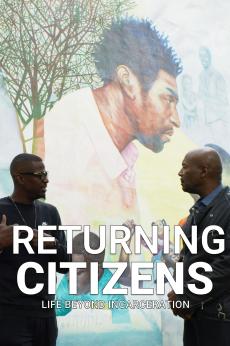
Returning Citizens: Life Beyond Incarceration
News and Public Affairs
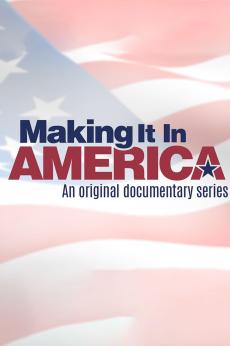
Making It In America
News and Public Affairs

To Be of Service
News and Public Affairs
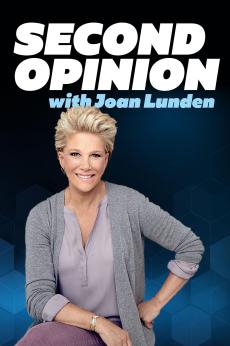
Second Opinion with Joan Lunden
News and Public Affairs
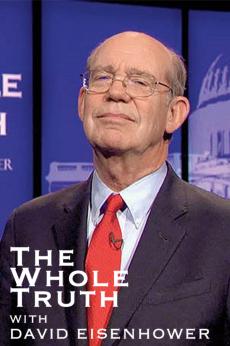
The Whole Truth with David Eisenhower
News and Public Affairs
WETA Passport
Stream tens of thousands of hours of your PBS and local favorites with WETA Passport whenever and wherever you want. Catch up on a single episode or binge-watch full seasons before they air on TV.